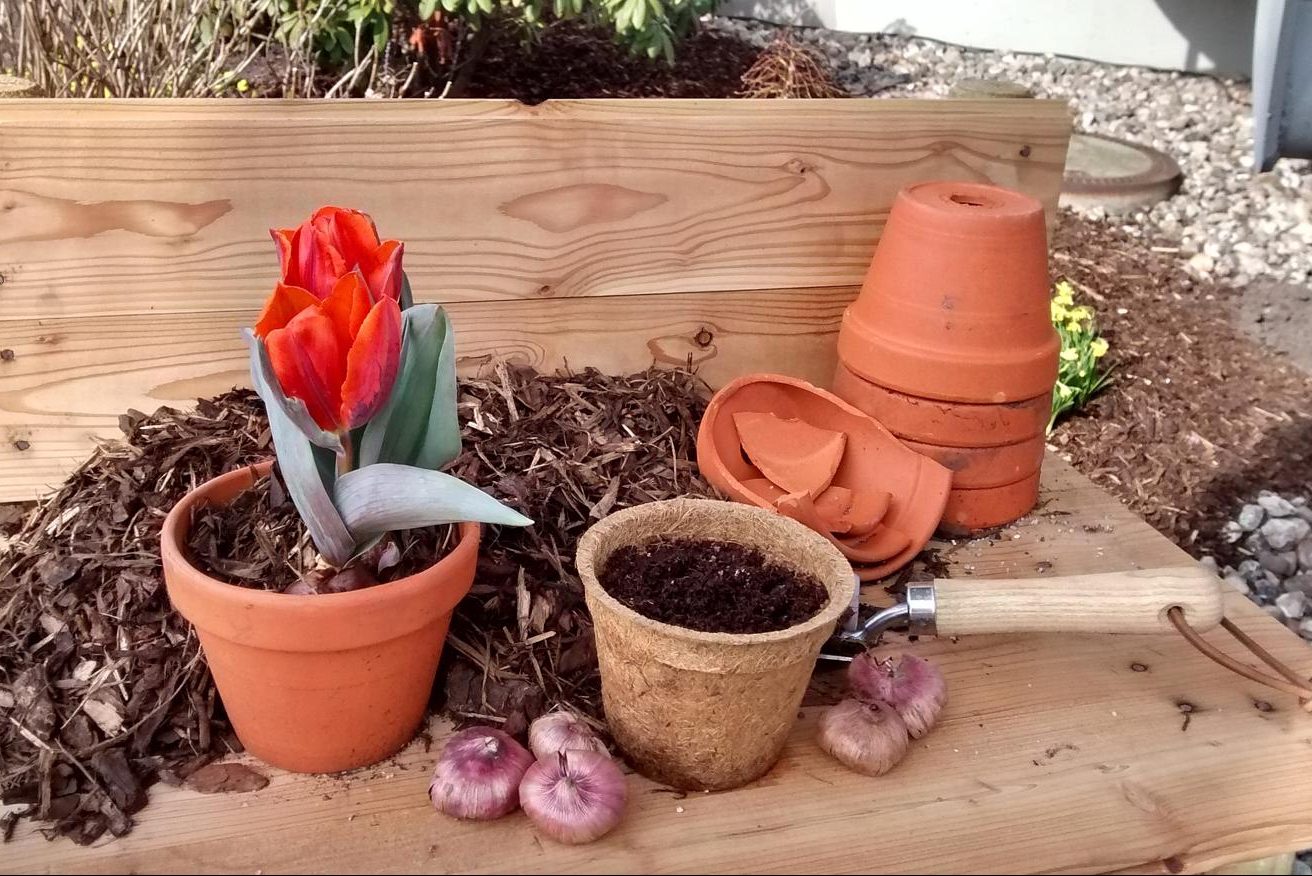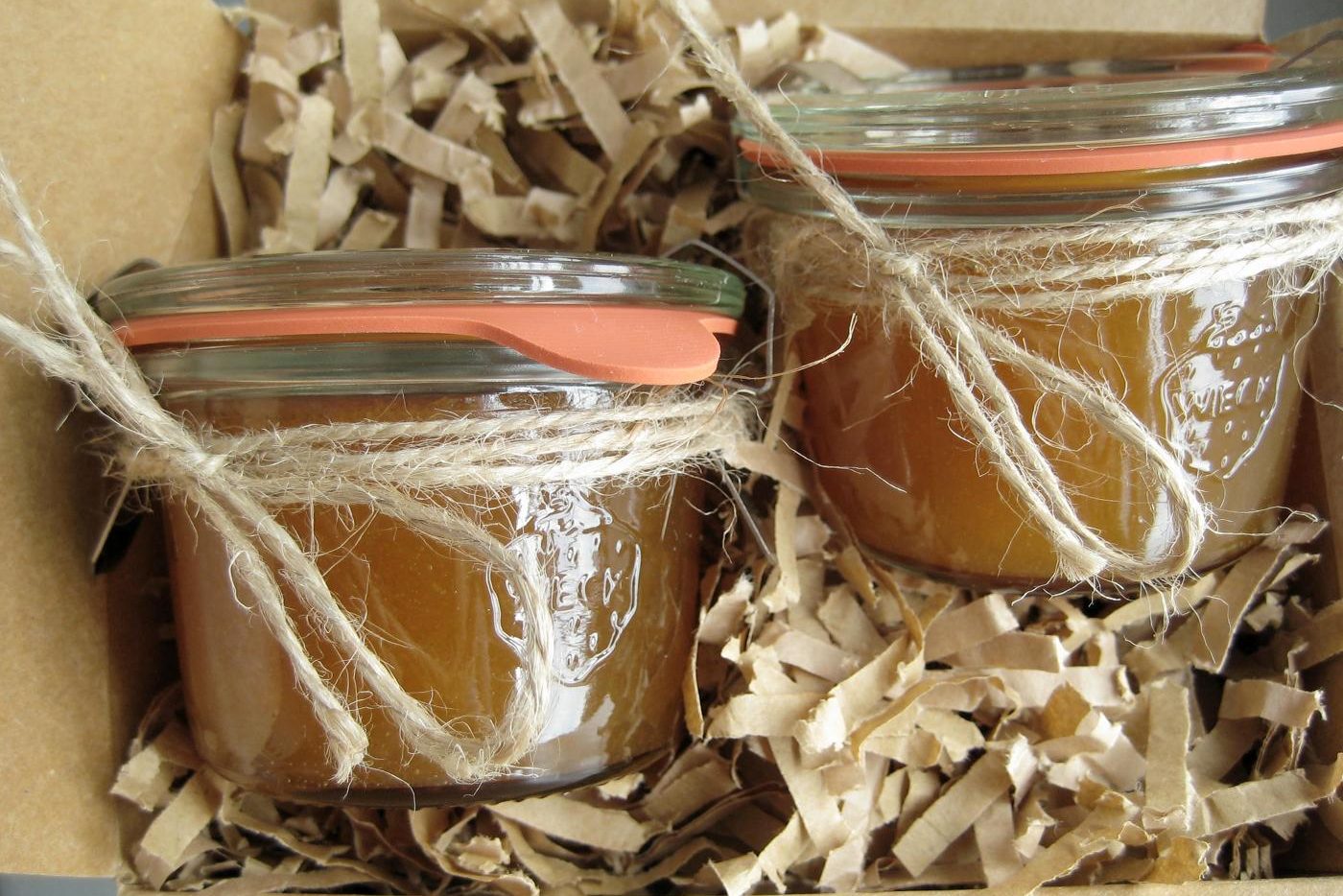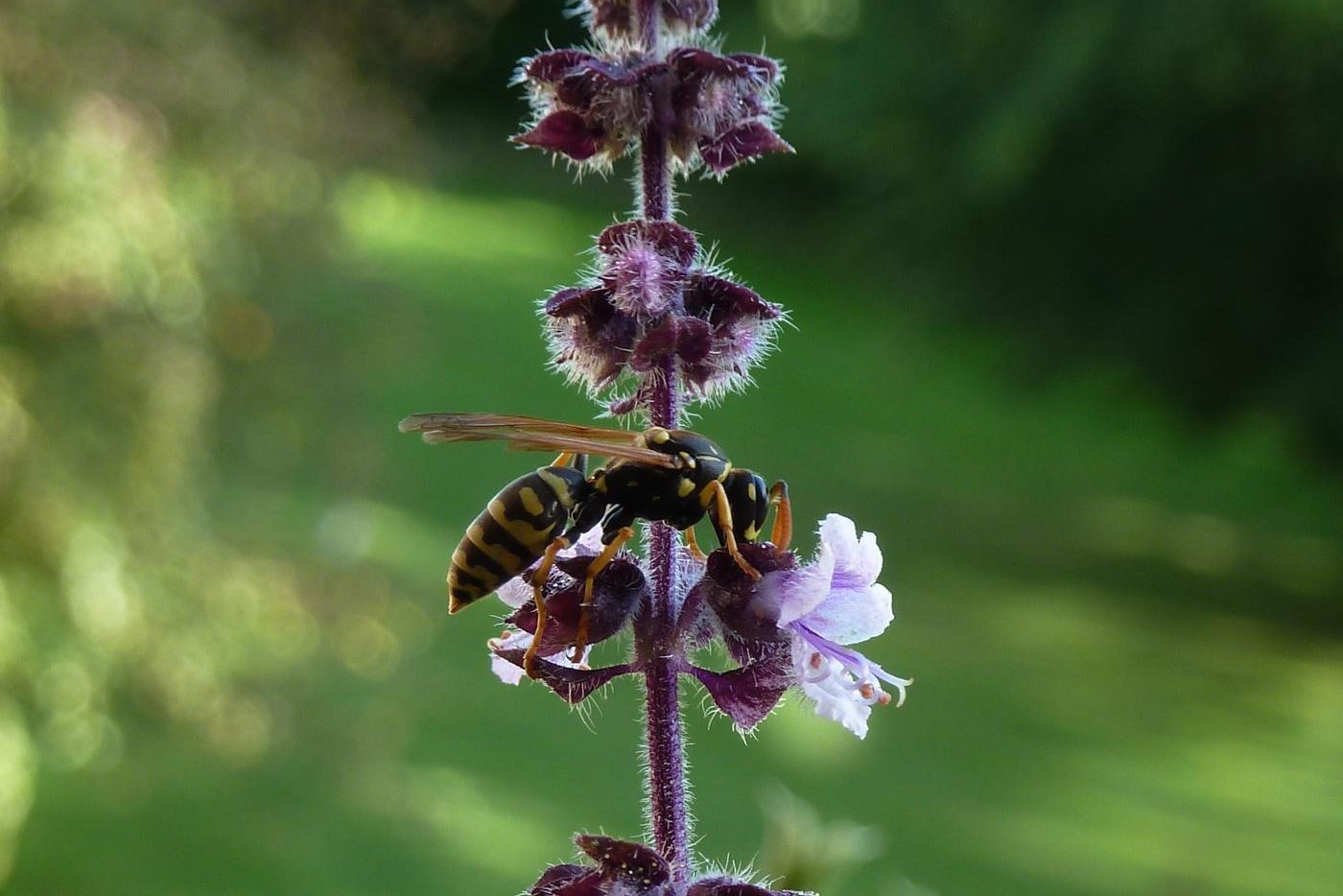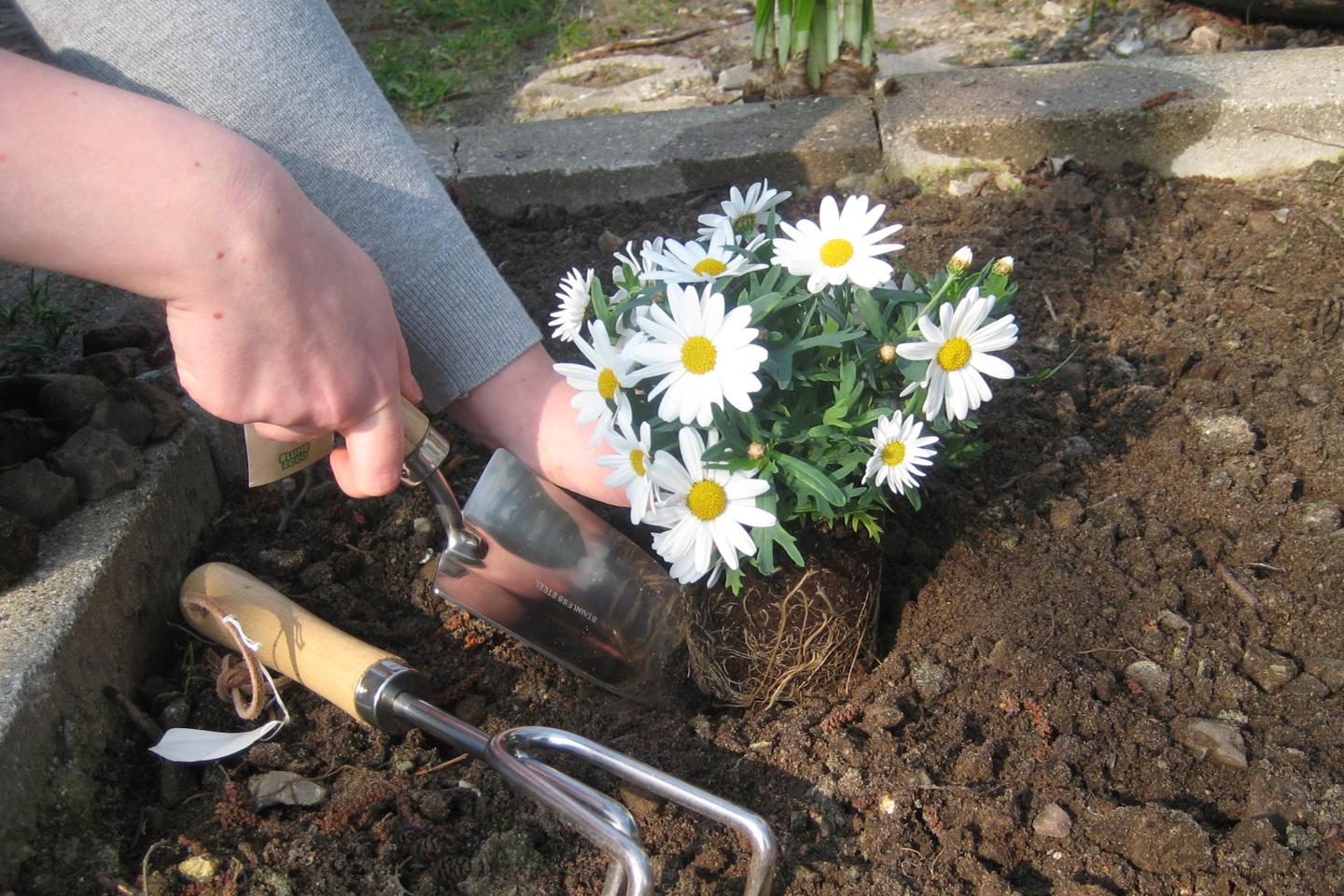What else can I do?
You don’t own a garden or have space for a beehive but want to support pollinators anyways? Then we have some propositions for you.

Give impulses
Create awareness and inspire your friends and family for the protection of pollinators. Through educational work or the creation of vegetable and flower gardens in kindergartens and schools our children are sensitized early for the protection of the environment and our pollinators. Many institutions welcome committed parents or external speakers on practical subjects.

Shop consciously
Conscious shopping decisions are an important factor for the protection of pollinators. For example, buying organic products supports an environmentally friendly and chemical-free agriculture. This reduces emissions into the environment and minimizes risks for the bees. You can also support regional beekeepers by choosing honey from local manufactures over industrially produced honey. Nonreturnable honey-jars should be washed thoroughly before dumping them into bottle banks – this way you can prevent the spreading of contagious diseases among nibbling bees.

Stay calm
Wasps and hornets might look dangerous. However, they too are valuable pollinators and carry out important functions in their ecosystems. So don’t let them make you nervous. If they have built nests close to your home or in places that are frequently visited by children it is a good idea to have them removed. Please don’t try to do that yourself but ask a professional to help you. If you can tolerate the location of the nest then hang in there – they will find a new spot for the next year. If individual animals visit you, for instance at your coffee table in the garden, it is often enough to set up a glass of vinegar.

Support campaigns
Take part actively in campaigns that promote the protection of bees and their habitats. You can do this privately, e.g. with nature conservation associations, or together with you colleagues in the form of corporate volunteering. Many companies support nature conservation projects – just like employees of our member companies can work in our apiculture. NGOs and initiatives offer different ways to take action, e.g. creating flower strips or school gardens, keeping up parks or cleaning small streams.